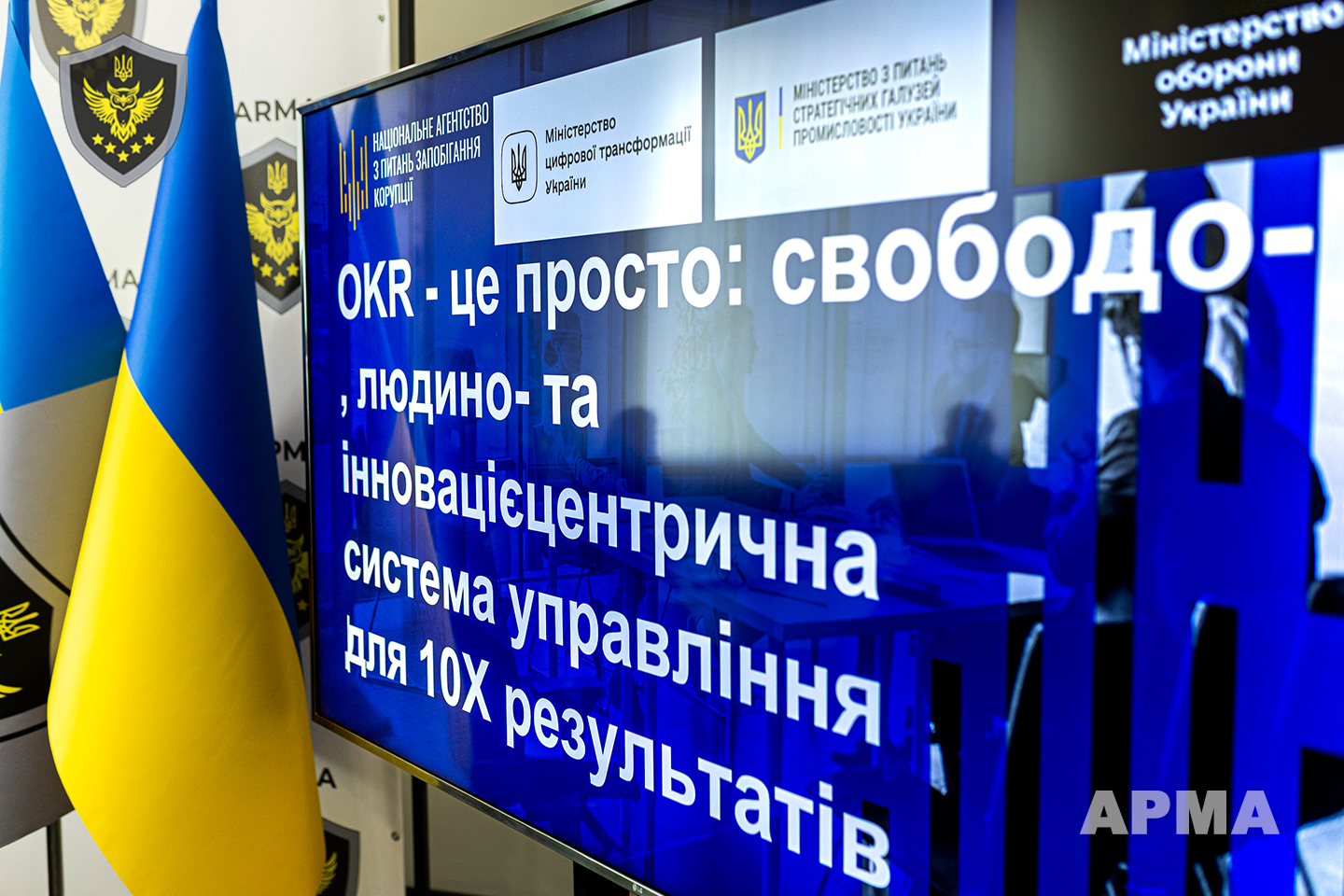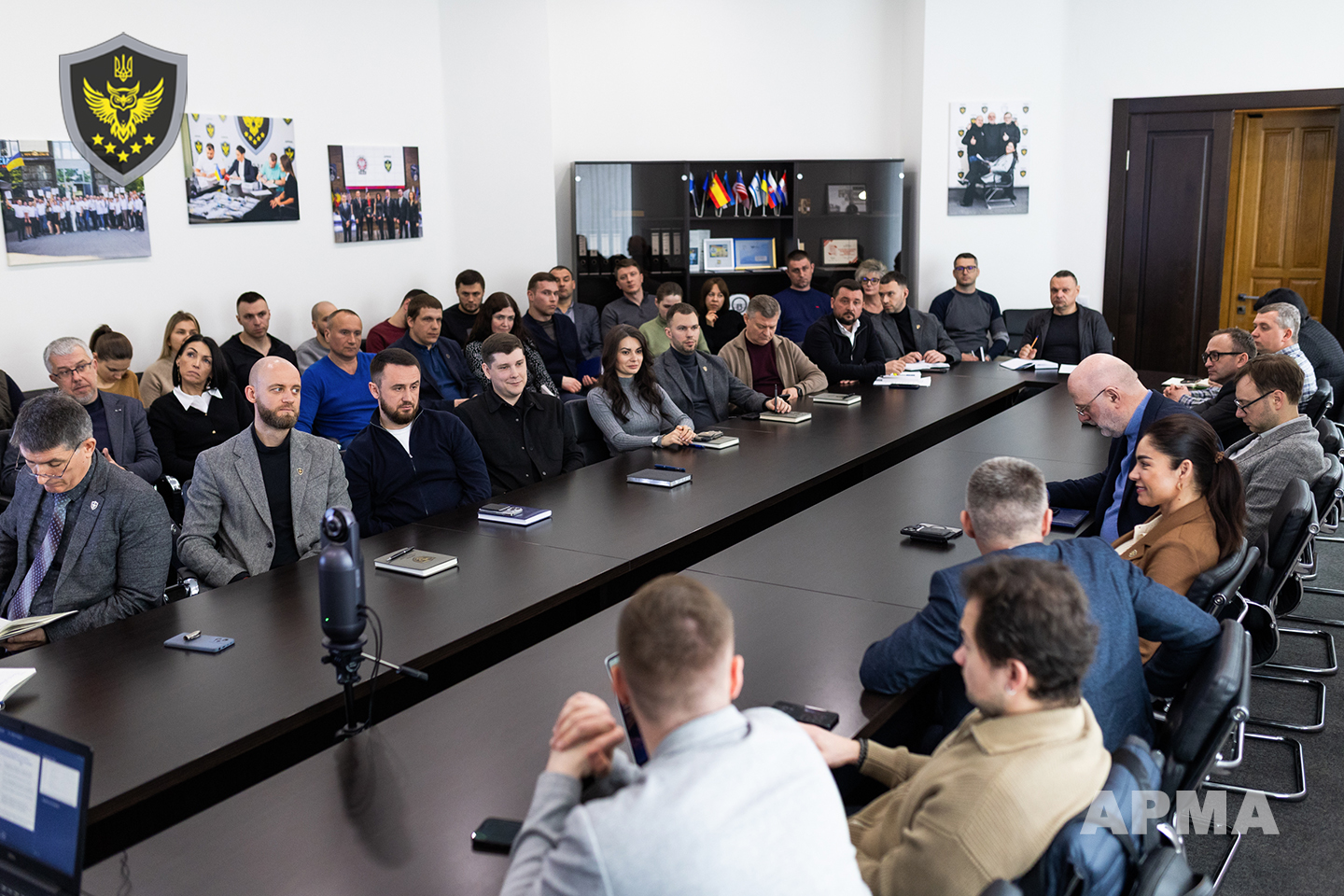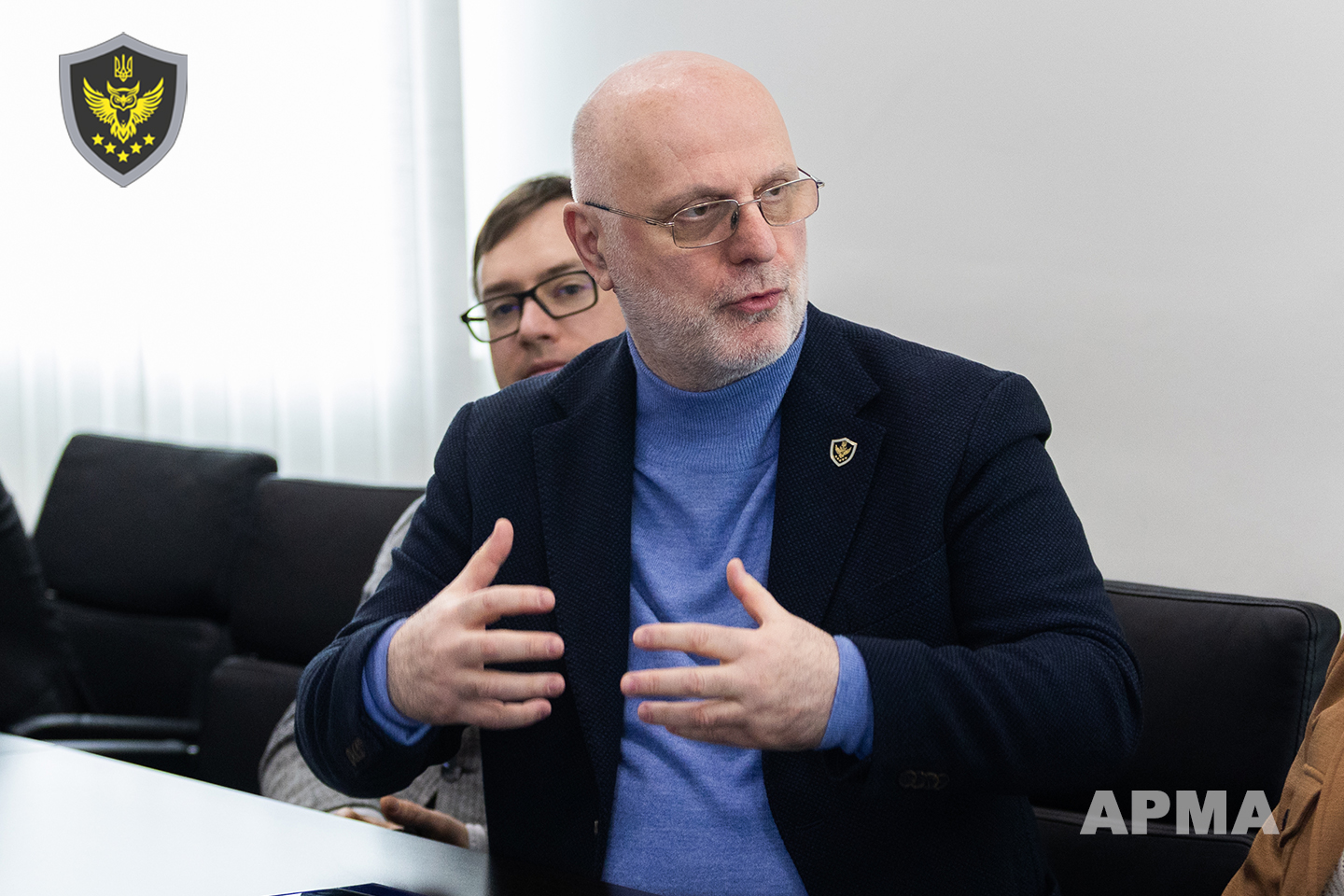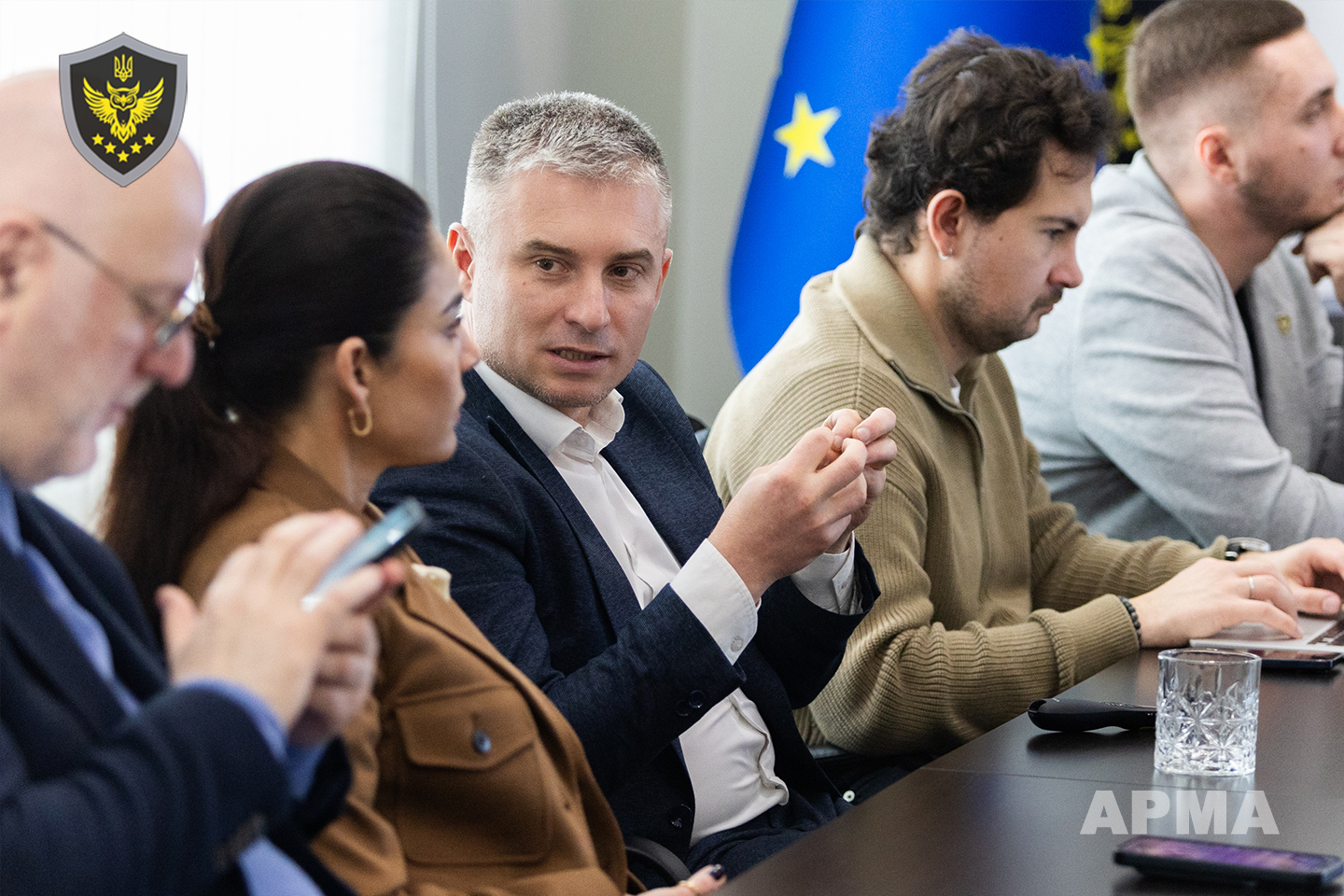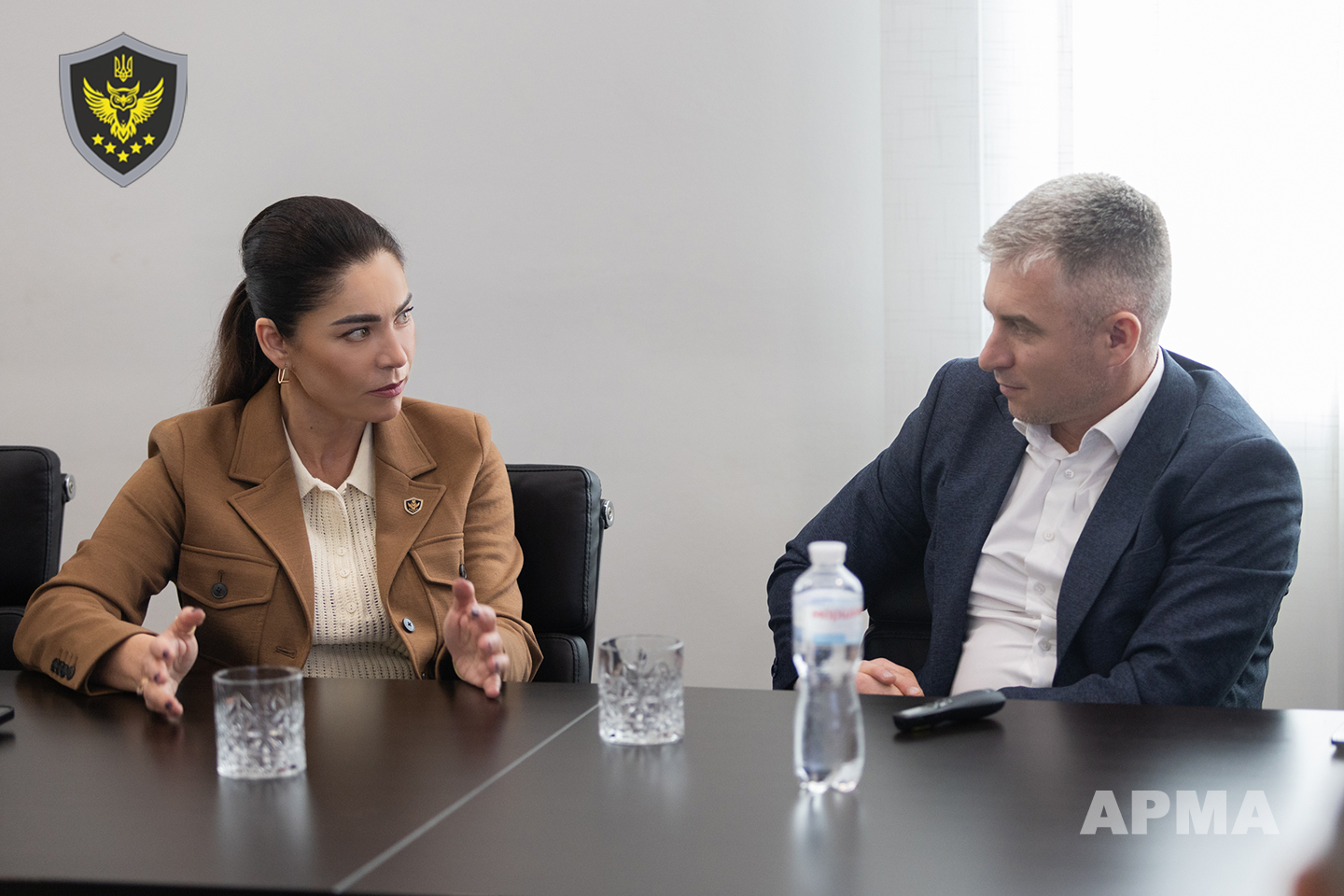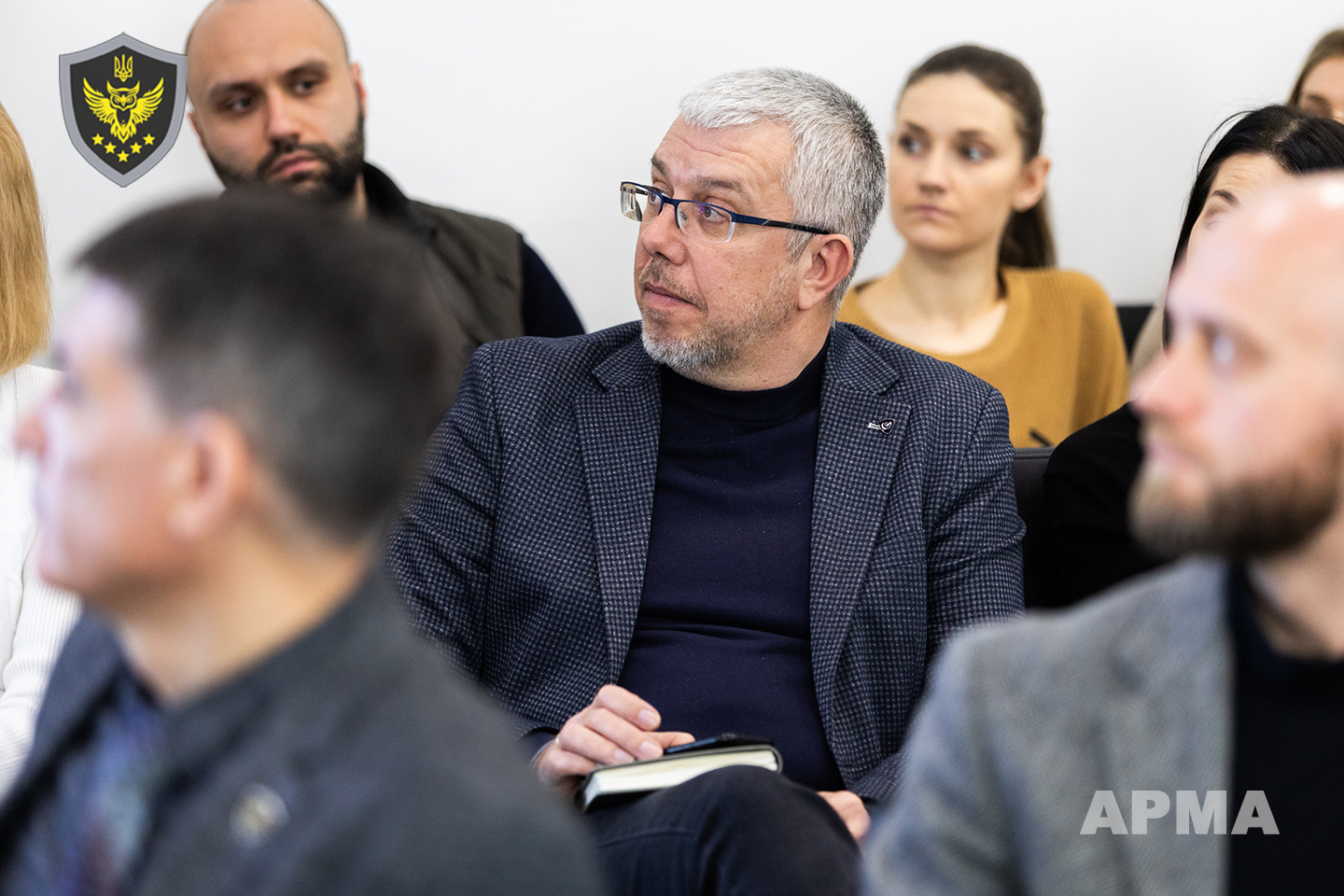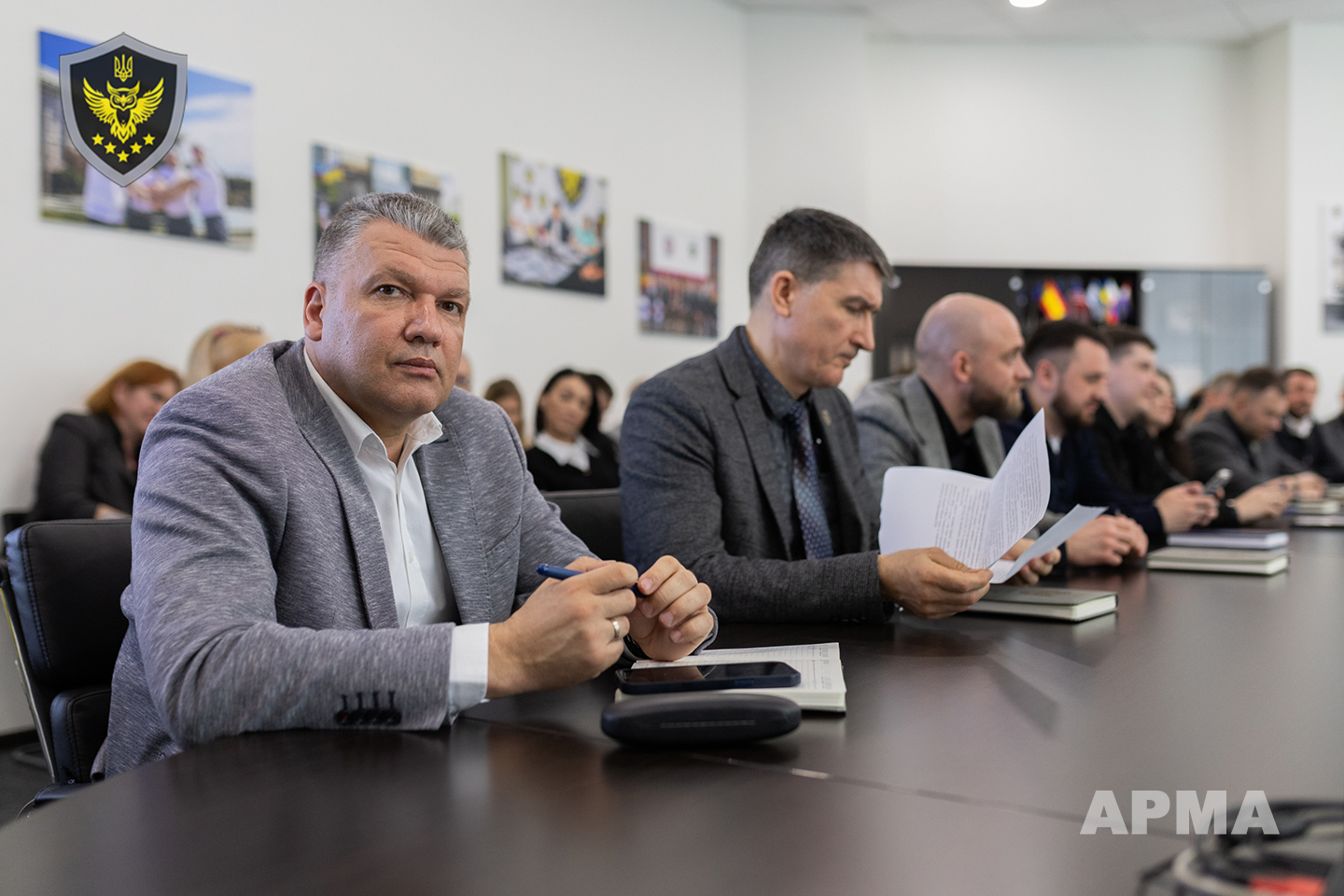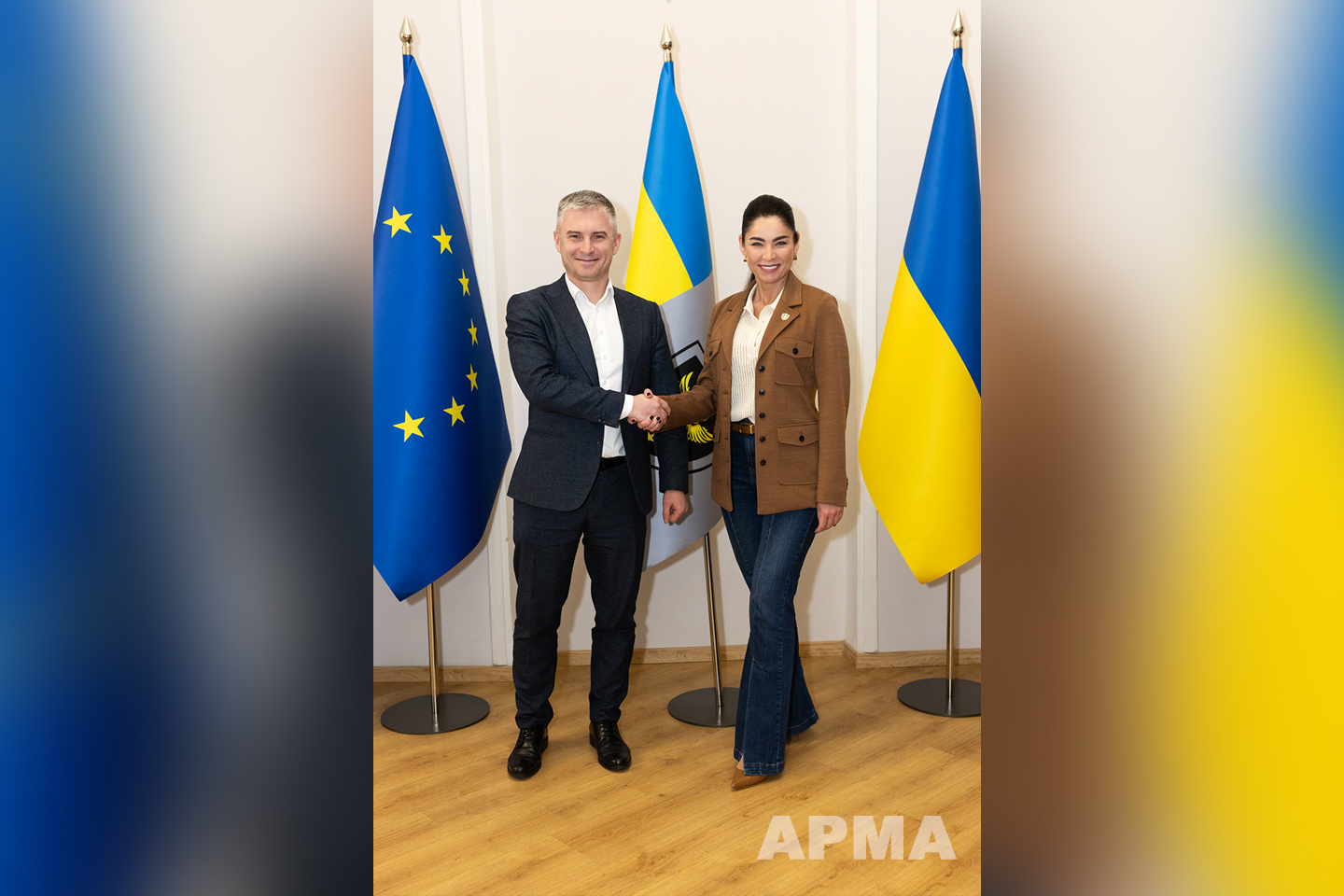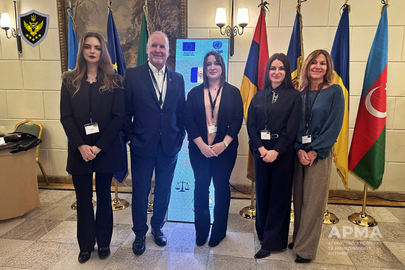In pursuit of innovative changes and as part of its ongoing transformation, the National Asset Recovery and Management Agency (ARMA) plans to implement the advanced OKR (Objectives and Key Results) methodology, an innovative strategic management system used by the world's leading technology giants.
At the invitation of ARMA Head Olena Duma, Oleksandr Novikov, Head of the OKR implementation team at the Ministry of Digital Transformation of Ukraine and other institutions, former Head of the NACP (2020-2024), conducted a training for ARMA's senior management.
What is OKR: A revolution in corporate governance
OKR is more than just a planning method. It is a human, freedom and innovation-centered management system aimed at achieving breakthrough results. The methodology was born in the bowels of the world's most successful companies - Google, Microsoft, Apple and Amazon - and has proven to be effective in creating a culture of high performance and continuous development.
ARMA transformation: a course for integrity and efficiency
“We are not just planning to implement a new management methodology. We are forming a new corporate culture. Over the past year, we have renewed our staff by 80% and introduced transparent, fair rules of work. Our goal is to become one of the five most effective state institutions that openly demonstrate results by implementing the new OKR methodology in our work,” said ARMA Head Olena Duma.
Key steps of OKR implementation
Before implementing the methodology, the ARMA team will conduct an in-depth analysis:
- Defining the mission and vision of the organization
- Assessment of the current level of maturity of the management system
- Setting clear strategic goals
Why OKR?
The effectiveness of managing seized assets directly depends on the internal organizational culture.
Implementing OKR is not just a change in methodology. It is a transformation of the way we work, think and achieve results. ARMA demonstrates that state institutions can be as innovative and efficient as the world's leading companies.
The future belongs to organizations that learn, adapt and constantly evolve.

